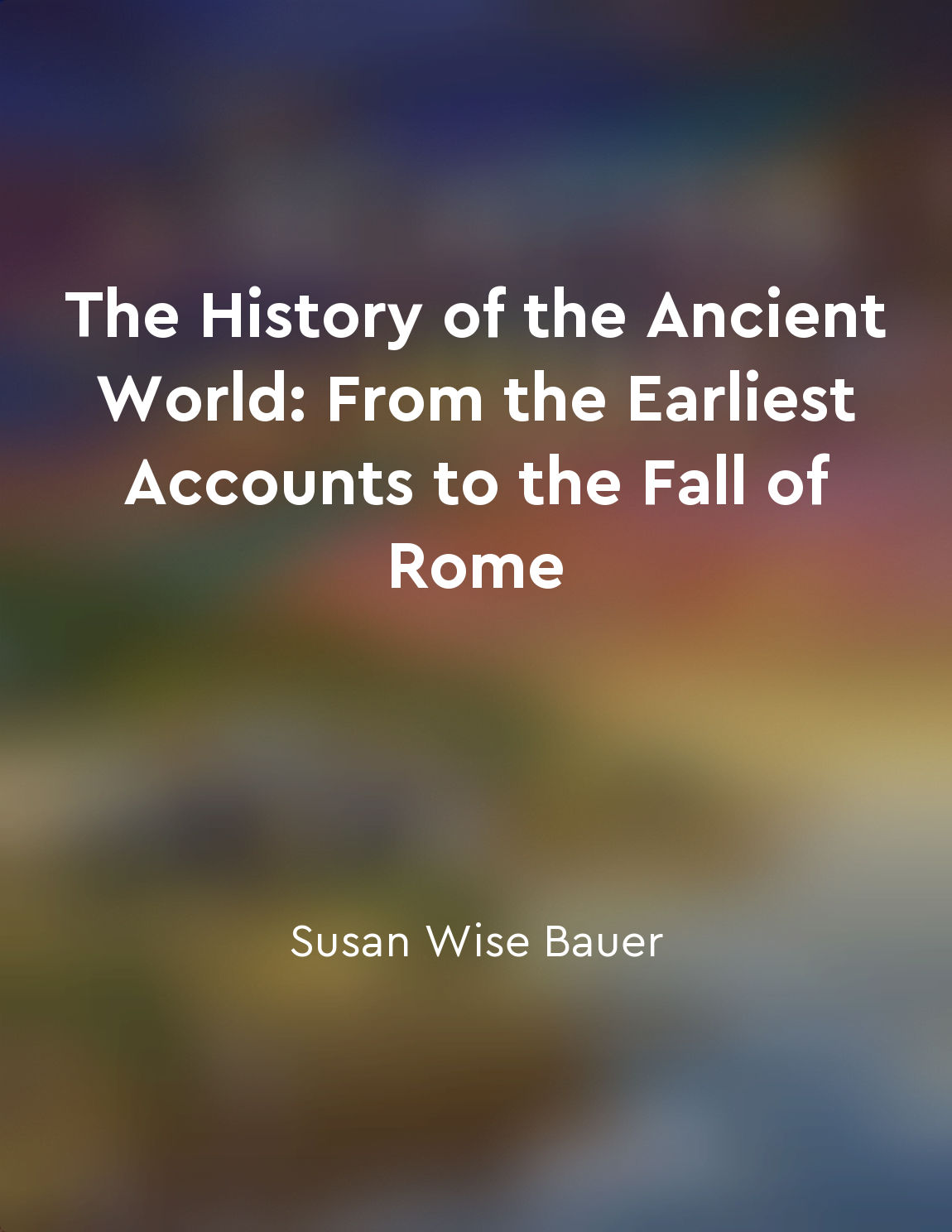Audio available in app
Discuss the contributions of Islamic scholars to medieval learning from "summary" of The History of the Ancient World: From the Earliest Accounts to the Fall of Rome by Susan Wise Bauer
Islamic scholars played a crucial role in the development of medieval learning, making significant contributions in various fields of knowledge. During the Middle Ages, Islamic civilization was a beacon of scholarship and innovation, preserving and expanding upon the knowledge of antiquity. One of the most notable contributions of Islamic scholars was in the field of mathematics. They built upon the works of ancient Greek mathematicians and developed new mathematical techniques and concepts. One of the most famous Islamic mathematicians was Al-Khwarizmi, whose work on algebra laid the foundation for modern algebraic notation and methods. Islamic scholars also made important contributions to the field of astronomy. They made significant advances in the study of celestial bodies and developed new astronomical instruments to aid in their observations. One of the most famous Islamic astronomers was Al-Battani, who accurately calculated the length of the solar year and made important contributions to the field of trigonometry. In the field of medicine, Islamic scholars made groundbreaking discoveries that would shape the practice of medicine for centuries to come. One of the most renowned Islamic physicians was Ibn Sina, known in the West as Avicenna. His comprehensive medical encyclopedia, the Canon of Medicine, became a standard medical textbook in Europe for hundreds of years. Islamic scholars also played a key role in preserving and translating ancient texts from Greek, Roman, and Persian sources. They established libraries and centers of learning where these texts were studied, translated, and disseminated throughout the Islamic world and beyond. These efforts helped to bridge the gap between the ancient world and the medieval world, ensuring that the knowledge of the past was not lost to future generations.- The contributions of Islamic scholars to medieval learning were vast and diverse, encompassing fields such as mathematics, astronomy, medicine, and the preservation of ancient knowledge. Their work laid the foundation for many of the scientific and intellectual advancements of the Renaissance and beyond, shaping the course of Western civilization.
Similar Posts
Science and religion can coexist harmoniously
The idea that science and religion can coexist harmoniously is a topic of much debate and discussion. Many people believe that ...
Allah's revelations are consistent with science
The Qur'an, the holy book of Islam, contains numerous scientific facts that were revealed over fourteen centuries ago. These fa...
Quranic verses can inspire awe in scientists
The Quranic verses are known to contain a wealth of information that can inspire awe in scientists. These verses often touch up...
Quranic miracles can be explained through science
The Quran is a book that was revealed over fourteen centuries ago, at a time when the science of the natural world was in its i...
Quran encourages inquiry into natural world
The Quran, the holy book of Islam, emphasizes the importance of reflecting on the natural world around us. It encourages believ...


